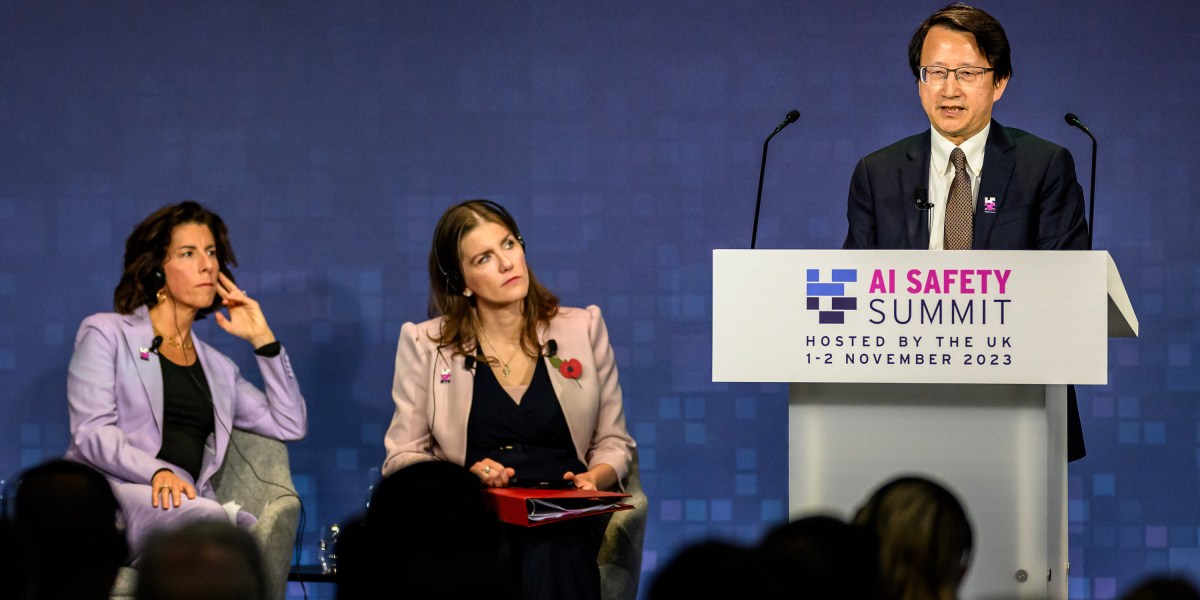Last year marked a significant milestone for artificial intelligence, with products like ChatGPT enabling millions of individuals to engage directly with AI on a daily basis, sparking discussions about its implications and effects.
In the realm of policymaking, there is a concerted effort to address the challenges posed by AI while maximizing its potential benefits. Looking ahead to the current year, our team conducted a global survey to anticipate the evolving landscape of AI regulations. The insights gleaned from our research are detailed here.
In China, a pivotal development to monitor in 2024 is the potential introduction of a comprehensive AI Act, akin to the European Union’s regulatory framework. The emergence of an “Artificial Intelligence Law” in China’s legislative agenda signifies a proactive stance towards regulating AI technologies.
Chinese authorities have demonstrated agility in responding to technological advancements, exemplified by the swift enactment of laws pertaining to generative AI shortly after the prominence of ChatGPT. The proposed comprehensive law could afford China greater authority in managing the impact of AI on existing systems.
To provide a comprehensive outlook on the anticipated changes in Chinese AI regulations for 2024, we consulted with experts in the field. Here are the key projections shared by these experts:
-
The finalization of the Chinese “AI Law” is not expected to occur imminently. Unlike previous regulations targeting specific aspects of AI like deepfakes, this all-encompassing law necessitates meticulous drafting, suggesting that a finalized version may not materialize this year.
-
The Chinese government is delineating guidelines for AI companies, outlining areas that require caution and explicit approval to operate. The introduction of a “negative list” aims to streamline regulatory compliance and prevent inadvertent violations.
-
To ensure regulatory efficacy, there is a growing emphasis on third-party evaluation of AI models in China. Establishing a national platform for model assessment and facilitating regular reviews by independent organizations are potential measures under consideration.
-
Addressing copyright concerns stemming from generative AI, China is expected to adopt a lenient approach towards AI companies. Policy clarifications and court decisions are anticipated to provide guidance on intellectual property issues, fostering a business-friendly environment.
As we navigate the evolving landscape of AI regulations in China, our team remains vigilant in monitoring these key areas throughout the year. Stay informed about technological advancements in the US, Europe, and beyond by exploring our colleagues’ newsletters, such as The Algorithm focusing on AI trends and The Technocrat delving into the intersection of power, politics, and technology.
For further insights into China’s technological landscape, explore the latest developments highlighting the country’s advancements and challenges. From political transitions in Taiwan to the dynamics of tech diplomacy, these stories offer a nuanced perspective on China’s evolving role in the global tech ecosystem.
In the realm of international tech exhibitions, the return of Chinese companies to events like the International Consumer Electronics Show (CES) signifies a resurgence post-pandemic. While Chinese electric vehicle manufacturers were notably absent, the global reliance on Chinese battery technology underscores the country’s pivotal role in the energy sector.
Lastly, the convergence of AI and music has generated both controversy and creativity, with AI-generated vocal replicas sparking diverse reactions within the music industry. Explore the transformative potential of AI-generated artistry through compelling narratives like Wan Kwong’s poignant reflection on his artistic legacy, blending past and present through AI innovation.
Listen to Wan Kwong’s AI-infused melody here for a glimpse into the evolving landscape of AI in artistic expression.






